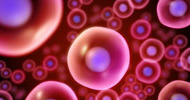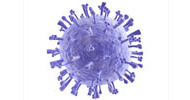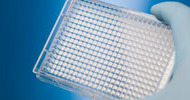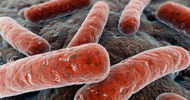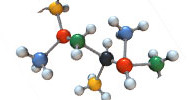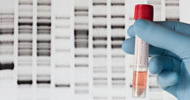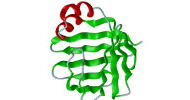Description
• Provides 12 simultaneous detection parameters, including 10 fluorescent colors• Significantly increases the analytical power of flow cytometry
• Consumes less sample and generates less waste
February 5, 2014, Darmstadt, Germany - Merck Millipore, the Life Science division of Merck, today launched the guava easyCyte™ 12 flow cytometry system, which provides a simple benchtop method for multicolor flow cytometry. The new platform consumes less sample, generates less waste and is easier to maintain than traditional systems, allowing researchers to save time and money while conducting comprehensive cell analysis.
The guava easyCyte™ 12 flow cytometer uses three excitation lasers to provide up to 12 simultaneous detection parameters, including 10 fluorescent colors plus forward and side scatter for size and granularity determination. Single-sample and multi-sample processing options are offered, and high-throughput analysis is possible with robotic sample trays that automatically handle 96-well micro¬plates and up to 10 sample tubes.
The new system, capable of detecting mammalian and micro¬bial cells and beads, offers an intuitive interface and is priced to be affordable for every laboratory budget. As with all of Merck Millipore's guava easyCyte™ systems, a sample of fluorescently labeled cells is aspirated into a microcapillary flow cell, which eliminates the need for sheath fluid and provides absolute cell counts. In addition, the flow cell is self-aligning and user-replaceable, reducing downtime and service visits.
"Multicolor flow cytometry can dramatically increase the discriminatory power of cell analysis, but traditional systems are complex and can be a challenge to use," said Bob Smith-McCollum, director of marketing for molecular and cell biology systems. "Our new guava easyCyte™ cytometer offers researchers a simple, flexible option for a variety of applications, including easy identification of subpopulations in a heterogeneous sample and multiplexing cell health parameters to study cell function pathways."














